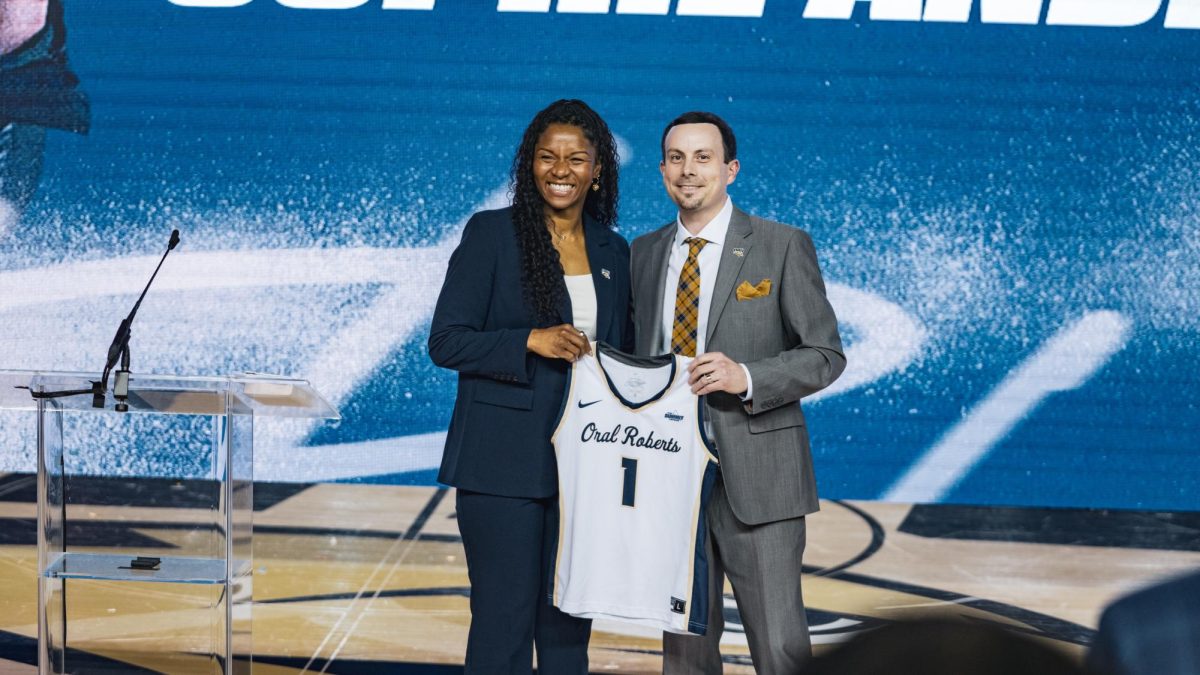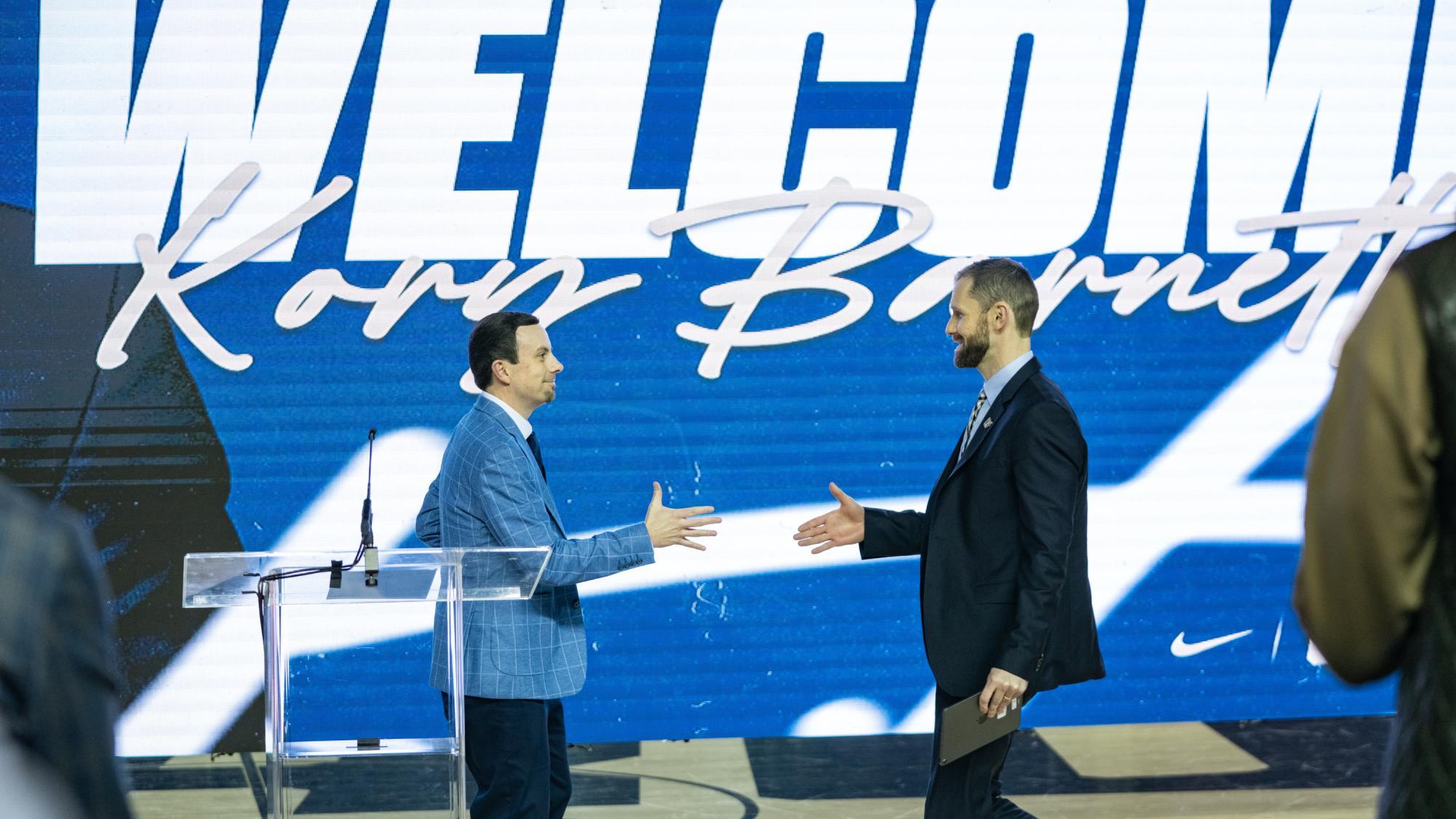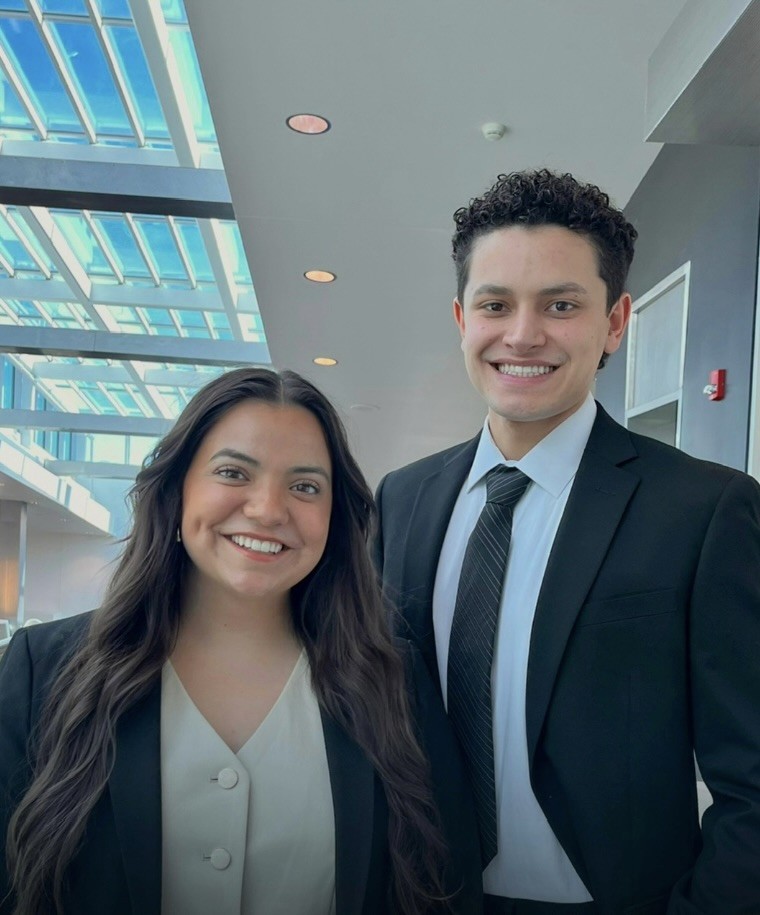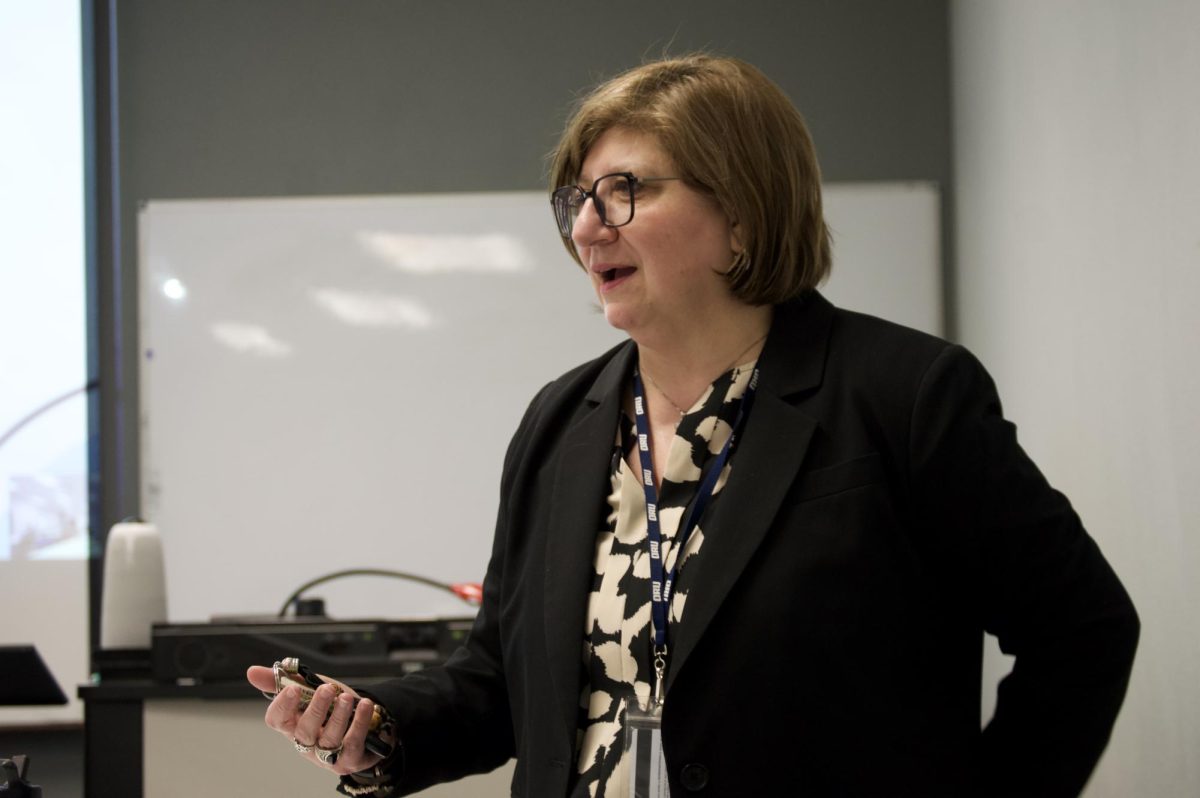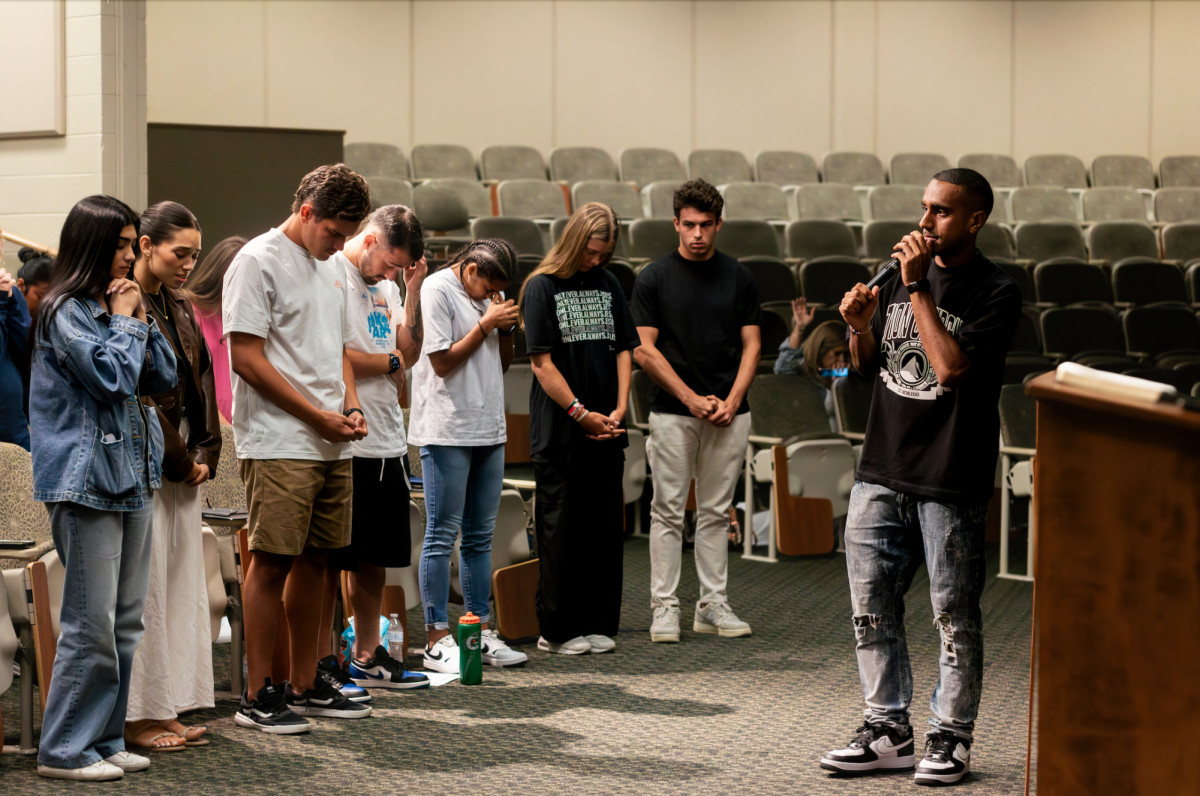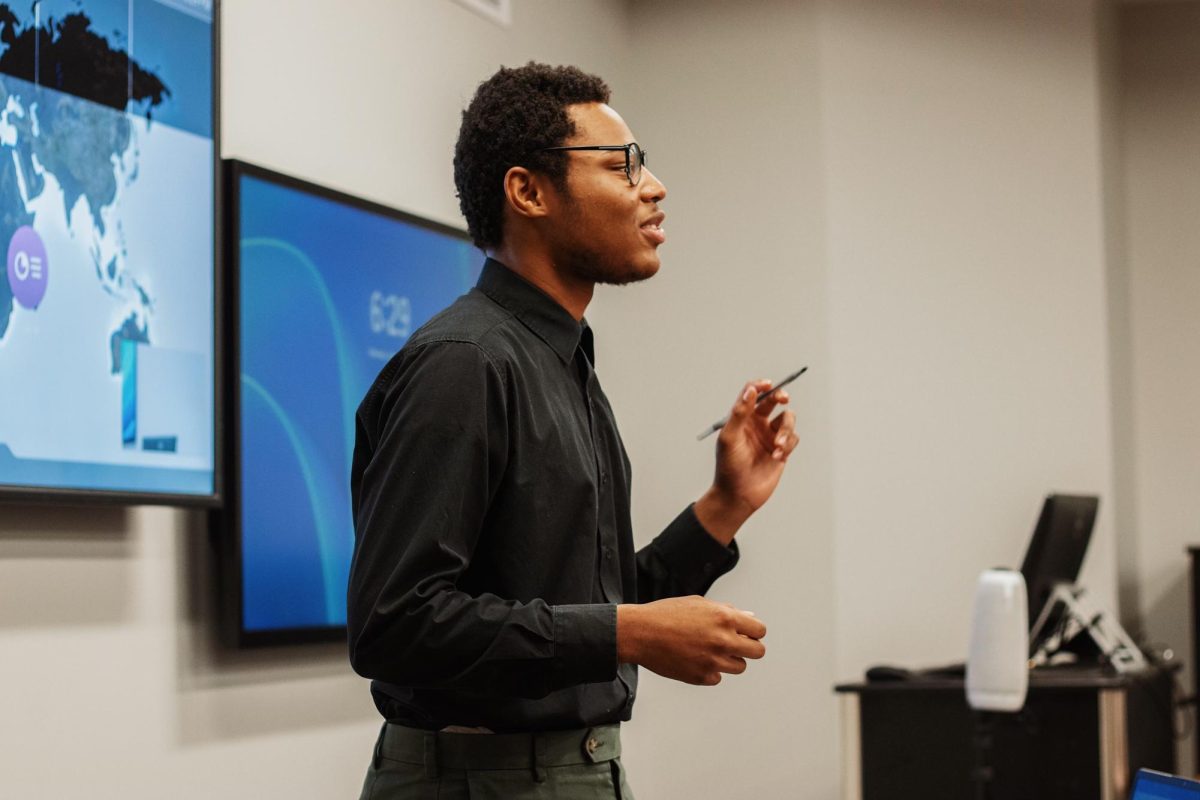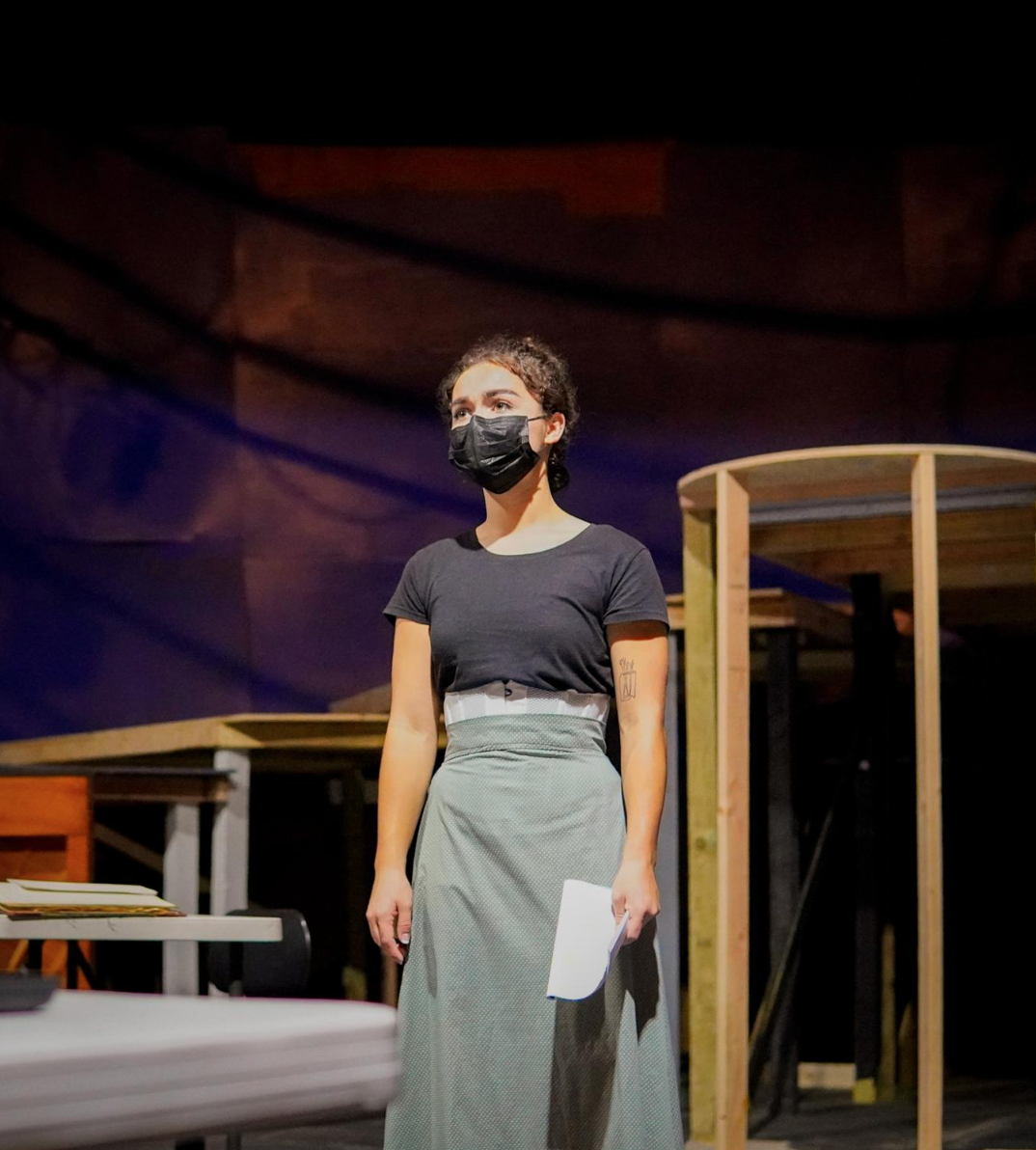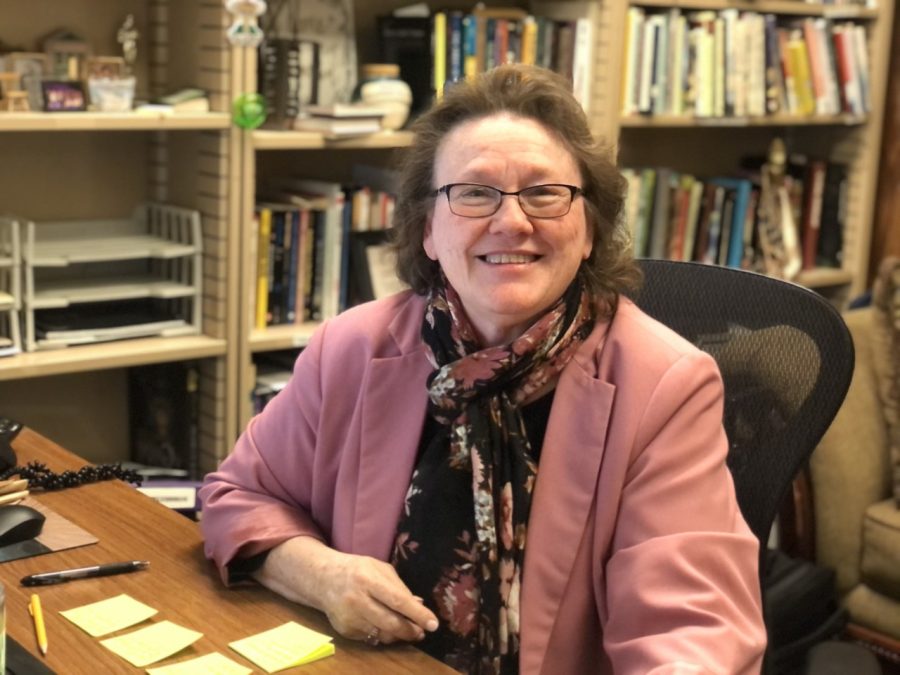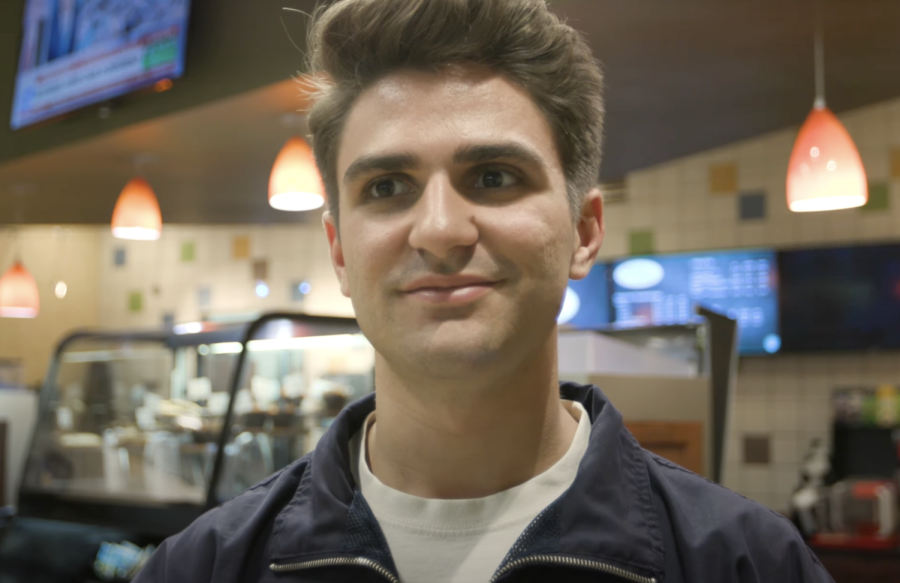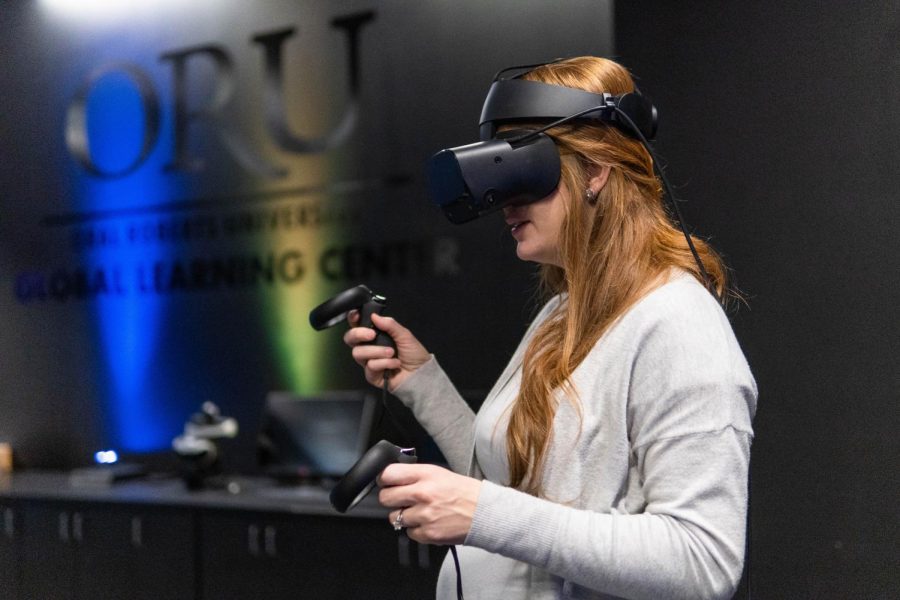How ORU is utilizing virtual reality technology
Oral Roberts University is testing VR technology to use as a training tool for social work majors.
February 2, 2022
With college students using virtual reality in many areas of their personal lives, Oral Roberts University has introduced the technology as a training tool for social work majors.
The goal is to use VR to prepare students to counsel clients on their own, said Randall Feller, chairman of the Behavioral Sciences Department at Oral Roberts University
“It’s a good training tool, and I think the further they get into their training the more important it’s going to be for it to be a real client in real-time,” Feller said.
ORU’s VR technology offers different scenarios for the user, similar to video gameplay.
“Depending on what you say to this virtual client, [the session] will go in different directions,” Feller said.
The role of alternative endings offers a parallel to the counselor-client relationship and its role in VR as a therapy.
Because virtual reality is “somewhere between systematic desensitization and cognitive rehearsal,” it would be a good tool for client therapy when it comes to mental health disorders, Feller said.
“I think that would work beautifully in helping [clients] through some of those issues,” he said.
College students are already familiar with virtual reality technology, according to a recent national survey conducted by ORU Communication Research students, The findings suggested that students use the technology in many areas of their lives, including reducing stress and anxiety.
“I feel like VR would allow us to feel and experience real client emotions that may occur in session while still having the grace of being in training,” said ORU senior Ralisa Muse, a Christian care and counseling major.
ORU professor Stacy Blaylock, director of ORU’s Social Work Program, and Michael Mathews, vice president of Technology and Innovation, have tested and currently are preparing the counseling training involving VR technology.
“We’ve been using virtual reality to help students in training, or for young professionals to become more aware of how to approach or handle situations in which they may be working with clients or patients,” Blaylock said.
It has been very useful in preparing students to handle clients who could be dangerous, and it teaches them the correct ways to react and behave in those situations instead of trying to figure it out in the moment, Blaylock said.
Other universities such as New York University have similar training programs.
“NYU has a specific program where they use virtual reality to allow someone to walk through using the subway, but using it as someone who is disabled. This then increases their [the student’s] awareness” and “increases their knowledge when it comes to policy and services,” to “serve a population,” Blaylock said.
VR has made the transition from being used solely for video games
 and is now being implemented into healthcare and teaching methods across the country.
and is now being implemented into healthcare and teaching methods across the country.
“What we have been looking into, and doing in the past, is improving our awareness of mental health through technology,” Blaylock said.
-30-30-
Senior Ralisa Muse, a Christian care and counseling major, expects VR technology to help her “feel and experience real client emotions.”

